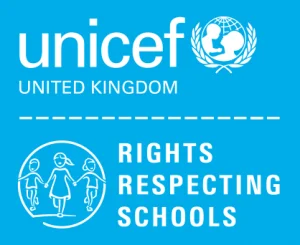The GCSE Psychology course is offered as an optional subject for learners to complete in key stage four. The course was first offered by Haute Vallée School in 2024 and is rarely offered by other schools. The course is assessed through two untiered terminal exams, so all students have the opportunity to attain even the highest grade.
OCR’s GCSE Psychology specification is designed to inspire and engage learners by providing a broad, coherent, satisfying and worthwhile course of study which develops an understanding of the ideas and values that characterise ‘self’ and others. Learners will be equipped with a psychological literacy that enables them to apply their knowledge and skills in their everyday lives, including making informed decisions about further study and career choices.
The course aims to encourage learners to use specialist vocabulary, psychological concepts and conventions to engage in the process of psychological enquiry. By acquiring knowledge and understanding of psychology, learners should develop an understanding of psychological issues, the contribution of psychology to individual, social and cultural diversity and how psychology contributes to society. OCR enriched the qualification by working with ‘Time to Change’, England’s biggest programme to challenge mental health stigma and discrimination, run by the charities Mind and Rethink Mental Illness.
The six main unit topics include: criminal psychology; development; psychological problems; social influence; memory; sleep and dreaming. These topics provide a good range of the different aspects of psychology, the key debates and investigative protocols.

